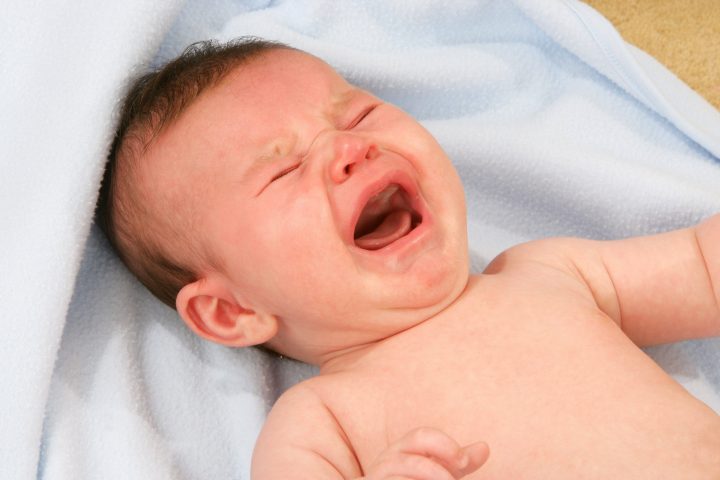The price of hiring a professional sleep consultant for your sleepless baby or toddler can easily reach $500 and over in Canada. But the money could be well worth it, if it gets your wee one to snooze peacefully through the night, suggests a new study from the London School of Economics.

Babies and children who wake up frequently at night can “significantly decrease” parental income, the number of hours mom and dad work, and even their labour force participation, write economists Joan Costa-Font and Sarah Flèche.
WATCH: Study finds one in three Canadian men are sleep-deprived

Conversely, just one more hour of sleep per night for mom tends to boost income by up to 11 per cent, the researchers found. Sixty more minutes of z’s every night were also correlated with a 7-percentage point gain in hours worked and 4-percentage point increase in employment.
The economists’ conclusion? “Sleep deprivation exerts a strong negative effect on labour market performance.”
READ MORE: Pilot project may give high school students an extra hour of sleep
That will hardly come as a surprise for many tired-eye parents of sleepless infants, but the study, according to the authors, is the first research to back up the conventional wisdom with an extensive set of hard numbers.
The scholars relied on a unique data set from the United Kindgom, the Avon Longitudinal Study of Parents and Children (ALSPAC), which follows a cohort of 14,000 families from a child’s birth to age 25.
WATCH: Time Change: 9 things you didn’t know about DST around the world

The ALSPAC keeps tabs on parental and child sleep, along with detailed measures of household income and employment outcomes. Costa-Font and Flèche used the survey to test for any correlations between family time spent sleeping and parents’ earnings and job performance.
They found a strong link between the number of times a child wakes up at night and parents’ income trajectory over time, with higher numbers of night-time awakenings leading to reduced earnings.
Fathers were “somewhat less affected” than mothers by the sleeping habits of their offspring, the study noted.
READ MORE: Quebecers say ‘racing thoughts’ stop them from getting enough sleep: Léger study
And mothers in lower-skilled jobs were more likely than high-skilled moms to cut down on hours worked because of sleep deprivation.
“The general message of this analysis is that sleep is a major determinant of employment outcomes that needs attention in designing employment policies,” the authors wrote.
In general, “the number of hours the average person sleeps has declined over the past century, and we still ignore its effects on economic activity and economic performance,” they warned.
WATCH: Poor sleep linked to memory problems in older adults

Indeed, time spent sleeping has been steadily decreasing over the past century. People said they slept nine hours per night in 1900, and slightly more than seven hours in the 1970s, according to several studies. Further research has found that people generally report the time spent in bed rather than the hours actually spent sleeping, suggesting that we are getting even less sleep than we think.
The U.K. might be one of the countries where people are most sleep-deprived, but Canada isn’t far behind. In a recent survey of 13 nations conducted by insurance provider Aviva, Britain had the largest share of respondents (37 per cent) who said they weren’t getting enough sleep. Ireland came in second, with 34 per cent, while Canada and the U.S. were tied for third place, with 31 per cent of survey takers saying they needed more sleep.
READ MORE: Canada third most sleep-deprived country: study
Children, too, are getting less shut-eye than they should, studies show. More screen time and less physical activity mean one in three Canadian kids aren’t getting the amount of night-time rest doctors recommend.




Comments